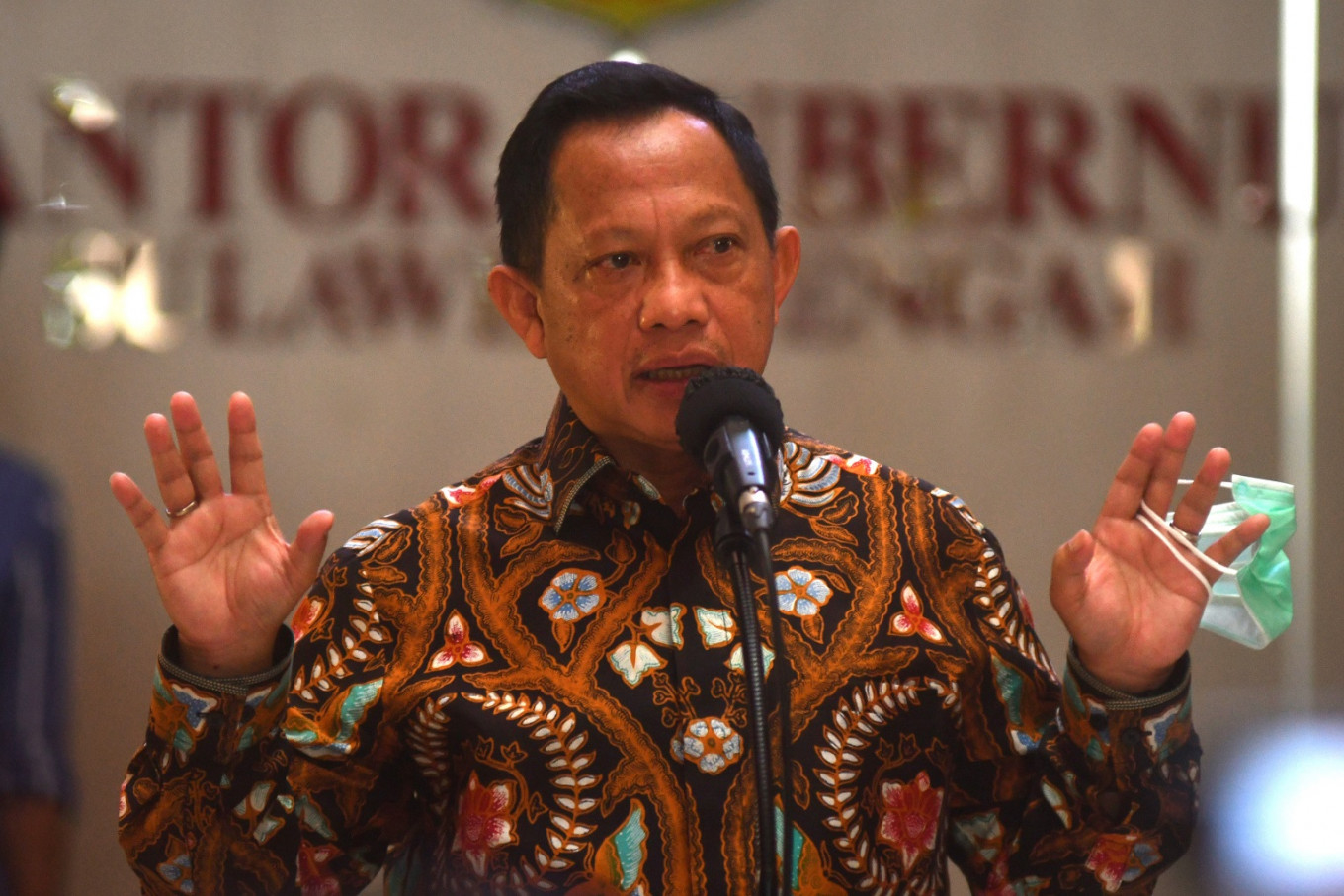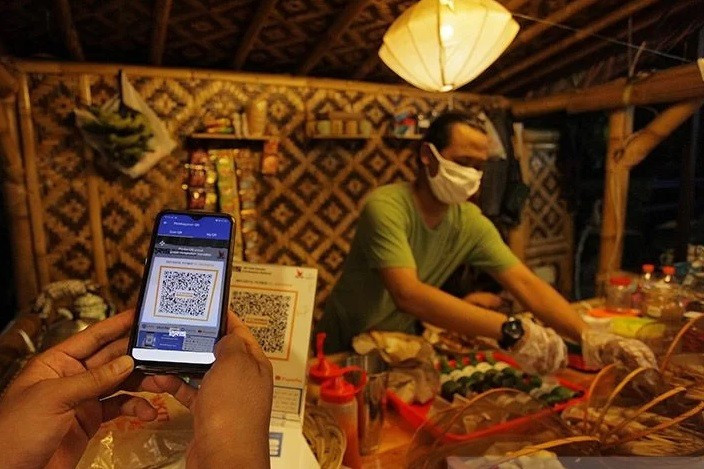Popular Reads
Top Results
Can't find what you're looking for?
View all search resultsPopular Reads
Top Results
Can't find what you're looking for?
View all search resultsMore than just a deputy
President Jokowi has elected to establish the office of deputy home minister just as the principal home minister prepares to select 101 high-ranking officials to serve as acting governors, regents and mayors to replace those whose terms will end this year, followed by another batch of 171 next year.
Change text size
Gift Premium Articles
to Anyone
P
resident Joko “Jokowi” Widodo marked the end of 2021 with the signing of Presidential Regulation (Perpres) No. 14/2021, which establishes the office of deputy home minister.
While the post remains vacant, the policy has raised questions not only about the government’s commitment to an efficient bureaucracy but also about the political motives behind the creation of the new position.
Many wonder if the new post will be yet another token of reward to be granted to someone who helped President Jokowi win reelection in 2019. The practice is quite common elsewhere in the world too, as there is no free lunch in politics. For the record, Jokowi has formed 24 deputy ministerial posts, and nine of them remain unfilled.
But it is the timing of the regulation that has raised the most eyebrows. President Jokowi has elected to establish the office of deputy home minister just as the principal home minister prepares to select 101 high-ranking officials to serve as acting governors, regents and mayors to replace those whose terms will end this year, followed by another batch of 171 next year.
This mass recruitment is the result of an agreement between the executive and legislature to reform the electoral system, a plan that calls for the 2022 and 2023 regional elections to be postponed until after the national elections in 2024.
The presidential regulation does not say anything about selection of acting regional heads.
Article 2 of the regulation stipulates that in carrying out his or her duties, the home minister may be assisted by a deputy home minister, whose responsibilities include helping the minister formulate and implement policies, as well as coordinating work within the ministry to achieve targets.
The Regional Elections Law requires the minister, on the president’s behalf, to select acting governors from top-echelon civil servants or other officials of equivalent status and to select acting regents and mayors from second-echelon civil servants. Previously, the government had hinted that it would appoint active high-ranking military or police officers to serve as acting regional heads, which is not unprecedented.
While the president, as the direct superior of the home minister, has veto power over his or her choices, chances are that, in practice, President Jokowi will largely adhere to Home Minister Tito Karnavian’s recommendations. After all, the President would not have delegated the selection process to Tito if he did not trust him.
It makes sense for the political parties close to the core of the ruling coalition to try to ensure that the minister does not monopolize the selection process, knowing that an acting regional head may serve as long as 2.5 years, a lengthy loss for parties further from Jokowi unless they manage to prevent Tito from running the show alone.
Unsurprisingly, many believe the deputy home minister post was the result of a compromise between Jokowi and the coalition parties. Whoever Jokowi appoints as deputy home minister is likely be the product of negotiation among the coalition’s elite.
The absence of transparency in this crucial appointment adds more woes to Indonesia’s enduring democratic regression. Gone are the demos (people) in decision-making, as the oligarchs have seized the kratos (power) to dictate the course of the nation.











